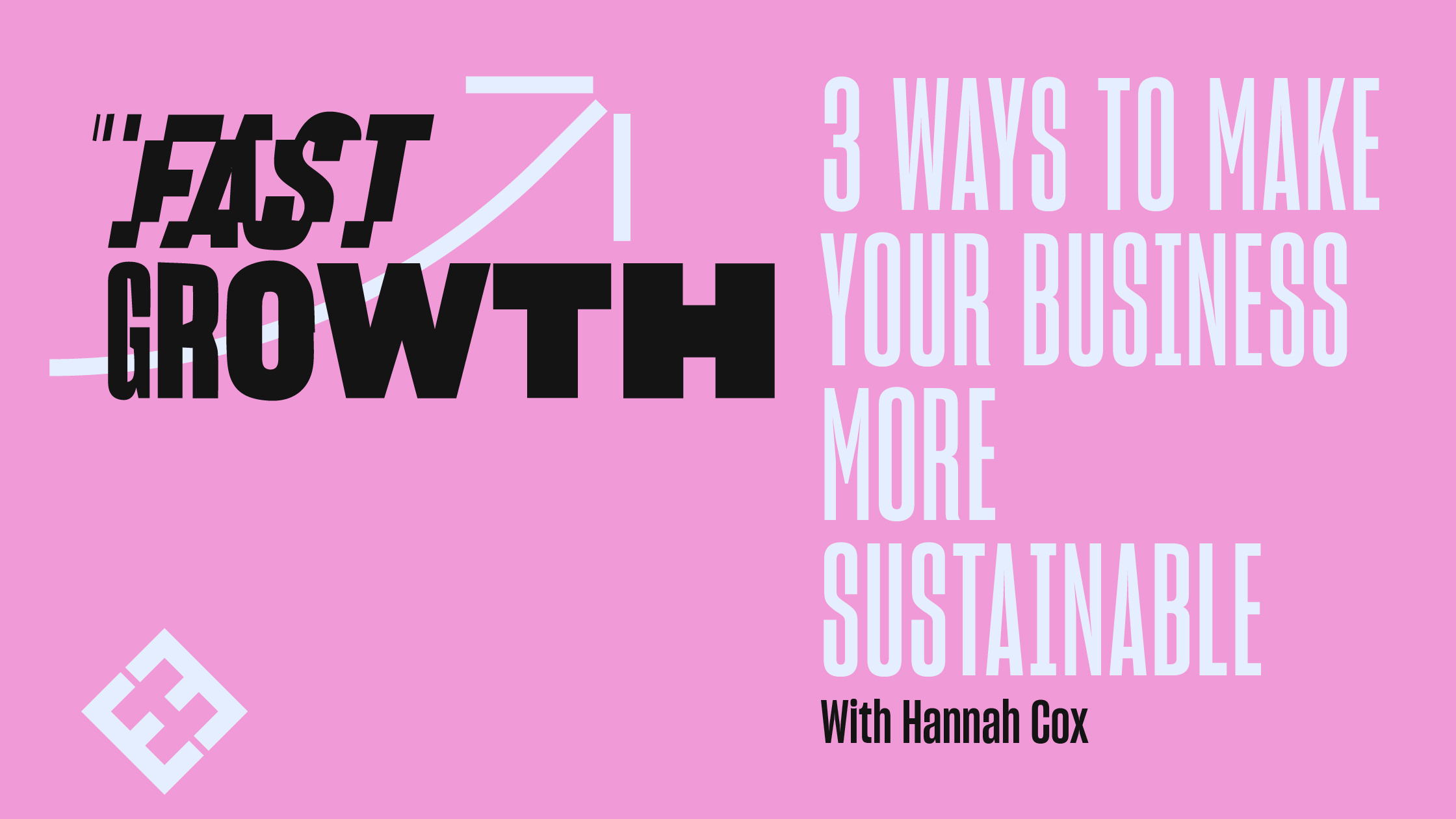What Is A Venture Studio? Everything You Need To Know About Our Venture Studio Model
By Neil Vose
4 min read
Pete Evison : May 22, 2023 10:58:40 AM

Due Diligence (DD).
The one term that many entrepreneurs seem to dread. A time when investors will poke, probe, and prod every aspect of your business to find out if you’re worth investing in. But is it truly as scary as it sounds?
On the most recent episode of our podcast, Fast Growth Stories, we interviewed James Brookes and Rupert Rutledge from The Startup Factory about the importance of due diligence from an entrepreneur’s point of view. Having handled many cases of due diligence as part of the investment process, James and Rupert know a thing or two about how it works.
In the podcast, they helped us pinpoint what investors are really looking for and, more importantly, how DD can help with fast growth.
The three phases of due diligence
Due diligence has three key acts: the discovery phase, the deep dive, and the report that ties it all together.
Rupert: “The first one is the discovery phase where we send out a list of questions to help us pinpoint what we need to take a deeper look into. After we’ve discovered what we need to investigate, we embark on the actual deep dive. This involves interviewing key people in the company and assessing all technology/engineering-focused things. Once we’ve collated everything that we need, we then write up a report and share that with all parties afterwards.”
As James points out, due diligence isn’t just about scratching the surface – it’s about digging deep and having empowering discussions with all members of the team to get as comprehensive a picture as possible. And while this level of detail can take time, it’s a necessary step towards ensuring you’re well-prepared for potential investors.
What happens during a deep dive?
The second phase of due diligence is perhaps where the most action takes place. It contains three key areas that are worth diving into – first, the business processes. What unique systems and processes have you set up to keep things running smoothly? And are there any gaps that need to be filled?
Secondly, the senior leadership team. How are they calling the shots and driving the business forward?
And finally, technology. What tech does your business use and how does it support the product? It’s worth taking a close look to make sure your tech stack is up to scratch.
Here’s how Rupert describes the tech aspect of it all:
Rupert: “From an engineering focus, I would tend to try and do three things.The first would be to try to understand the current design documentation for the product or services. It’s usually more useful to do this than to deep dive into individual files full of code. This is because it’s easier to understand the product holistically from the design documentation.
After that’s been established, I try to get an understanding of the product roadmap as well. Where are you planning to take this thing? How are you going to improve the product to match your value proposition?
Finally, we also look at the engineering processes afterwards. How are you going to get there? Do you have the processes in place for your teams to deliver on your roadmap?”
Essentially, the tech aspect of due diligence can be boiled down to three simple questions:
Having clear answers to these questions can help you scale your business and prepare for growth. For starters, you’ll be able to think proactively about your technology roadmap and set innovative strategies in place.
But it’s not just about the tech …
Keep in mind that due diligence and preparing for growth is not solely focused on technology. It’s a combination of all aspects that make up your business, from your team and sales pipeline to your overall strategy.
James: “While our focus is on technology, we’re also looking at how the business feeds into that. This involves looking at your sales pipeline.
If you have a number of clients being onboarded in the next couple of months, can the product actually enable that? Do you have an available team to actually onboard these people? Have you got the onboarding process set?
So as a whole, everything ties together. As much as these things are tech products, they’re also businesses, and both have to work to be able to move things forward.”
What happens if you don’t get it right?
Many entrepreneurs’ apprehension about due diligence stems from the fact that they may have skeletons in their business closet. But what happens if your business does have a red flag that may pose some risks to investment?
James: “The real consequences, in some cases, will mean that you don’t get the investment round. However, we’re not trying to trip people up with due diligence. We want to give you an opportunity to see what’s been discussed and fill the gap. Ultimately, being able to identify these gaps and fill them will help your business grow and scale.”
How it all ties into fast growth
It might be tempting to remain wary of due diligence but in reality, this process could set you up for fast growth. By getting your foundations right and addressing any red flags that come up during the process, you’re not only making your business more attractive to investors, but you’re also creating a solid foundation for your growth trajectory.
You’ll be able to identify the areas that need improvement, get through the investment round, and scale even faster.
Even if you aren’t going through the investment process just yet, these practices are a great addition to underpin your growth phase.
Have you got any questions about due diligence and how to navigate this process? Reach out to James and Rupert via Thestartupfactory.tech.
If you’d also like to share your DD experience – things you’ve done well (and even the gaps you’re struggling to fill) – let’s talk. Join the EHE community to connect with entrepreneurs who have gone through this process and drop us a line if you’d like to learn more about the specific support we offer at EHE Capital.

By Neil Vose

With special guest, Sean Brown

Lately, sustainability has been a hot topic, especially within the business sector. Everyone’s talking about it, and for a good reason! With the...